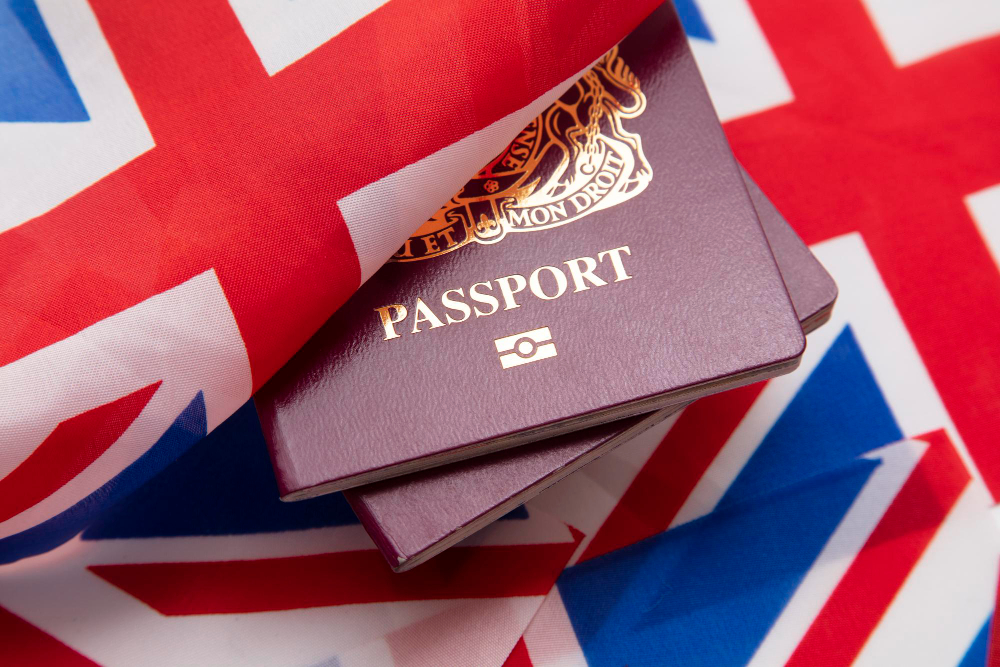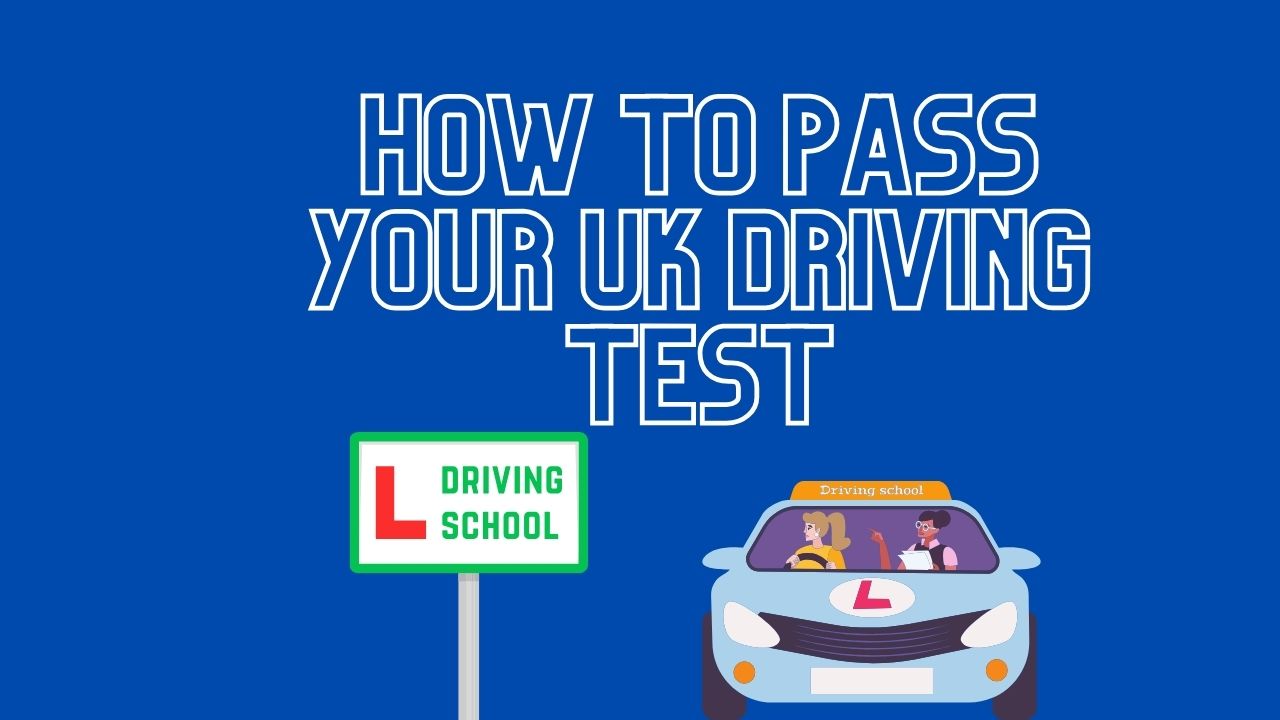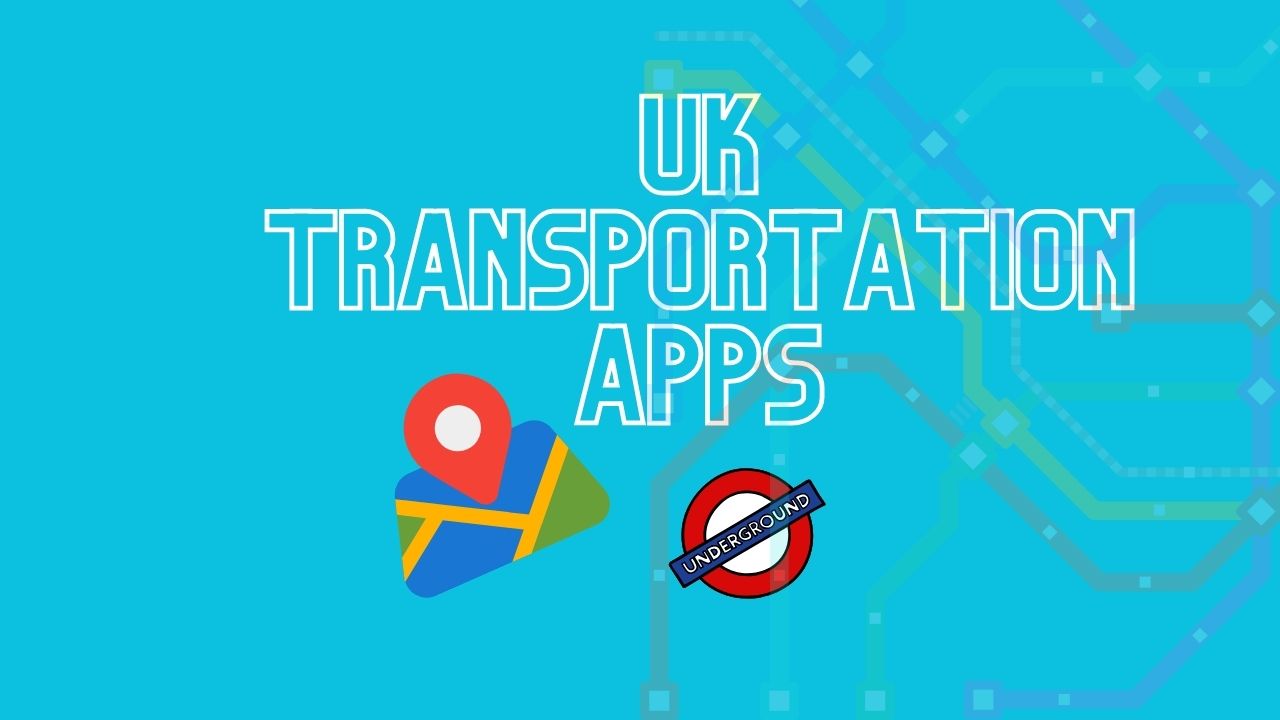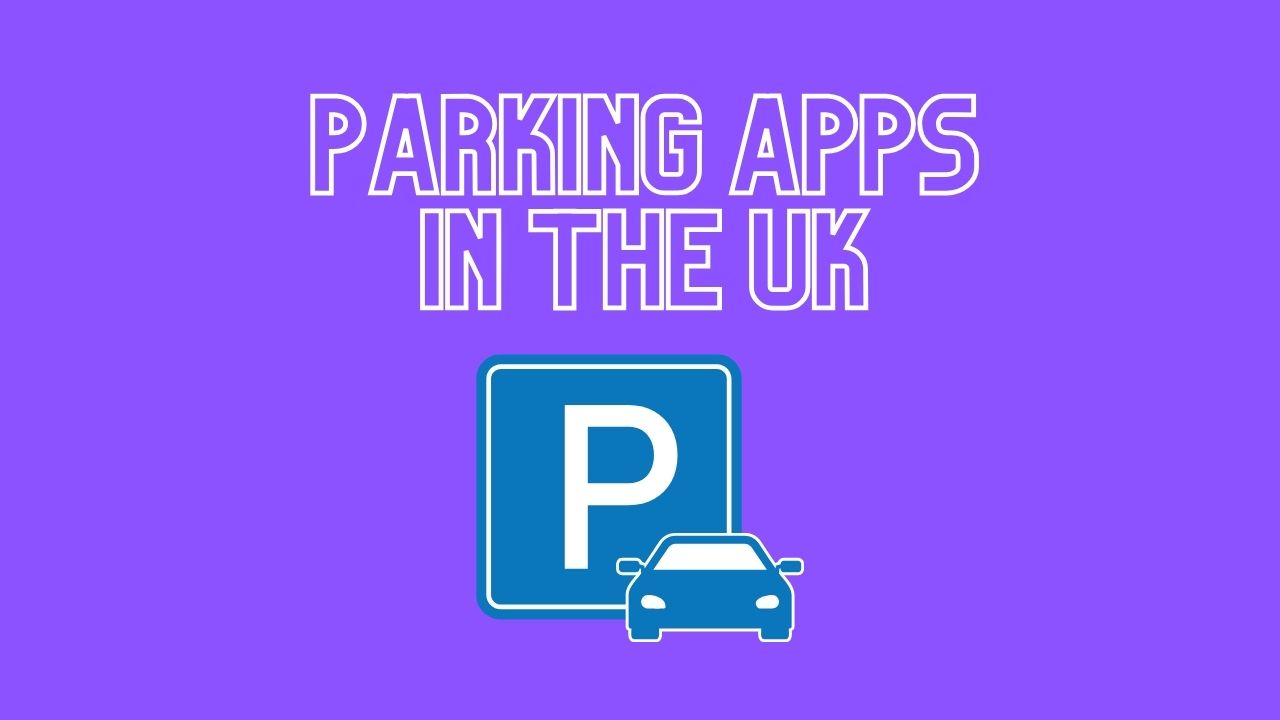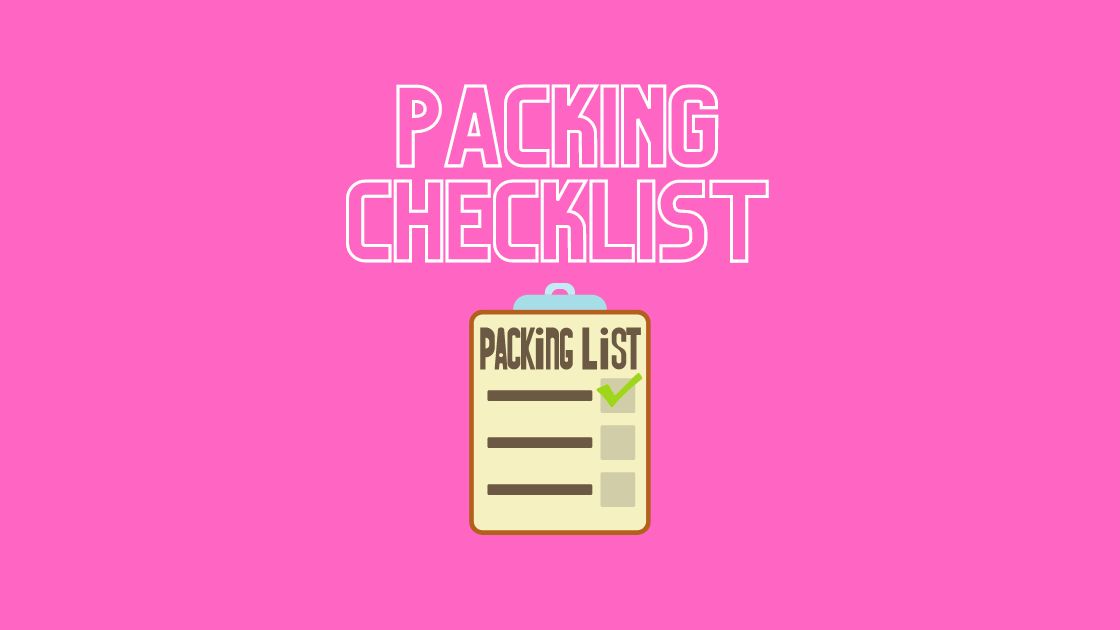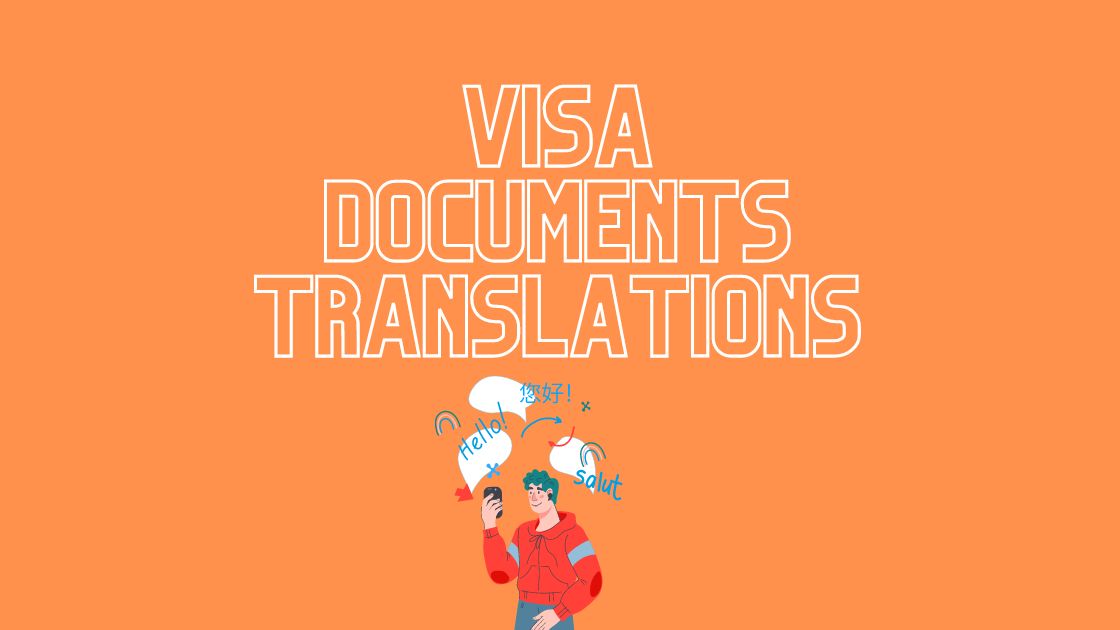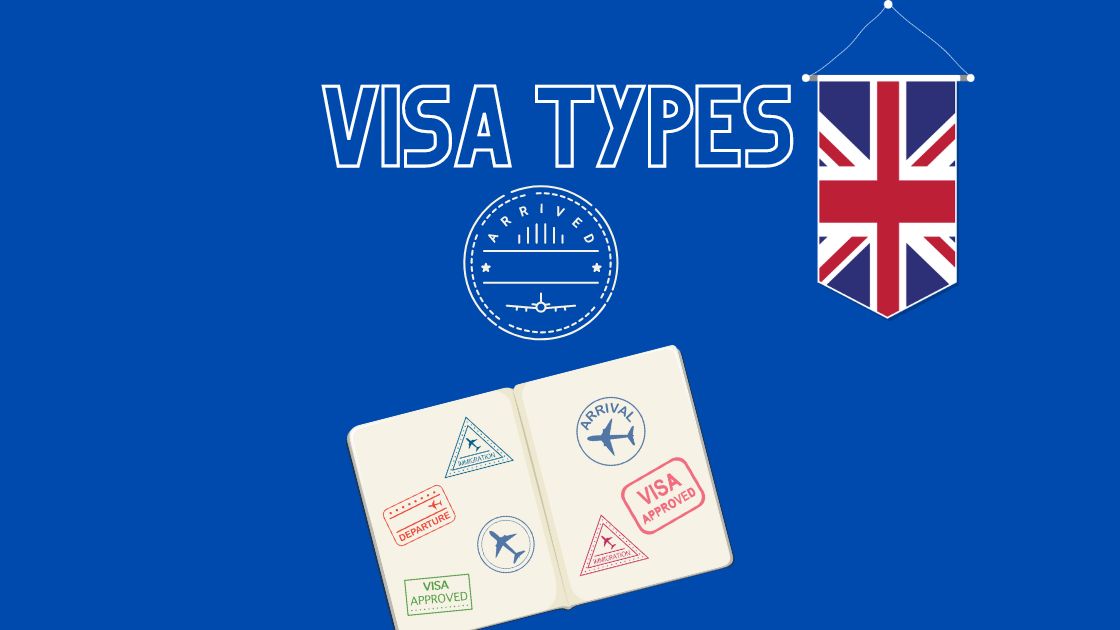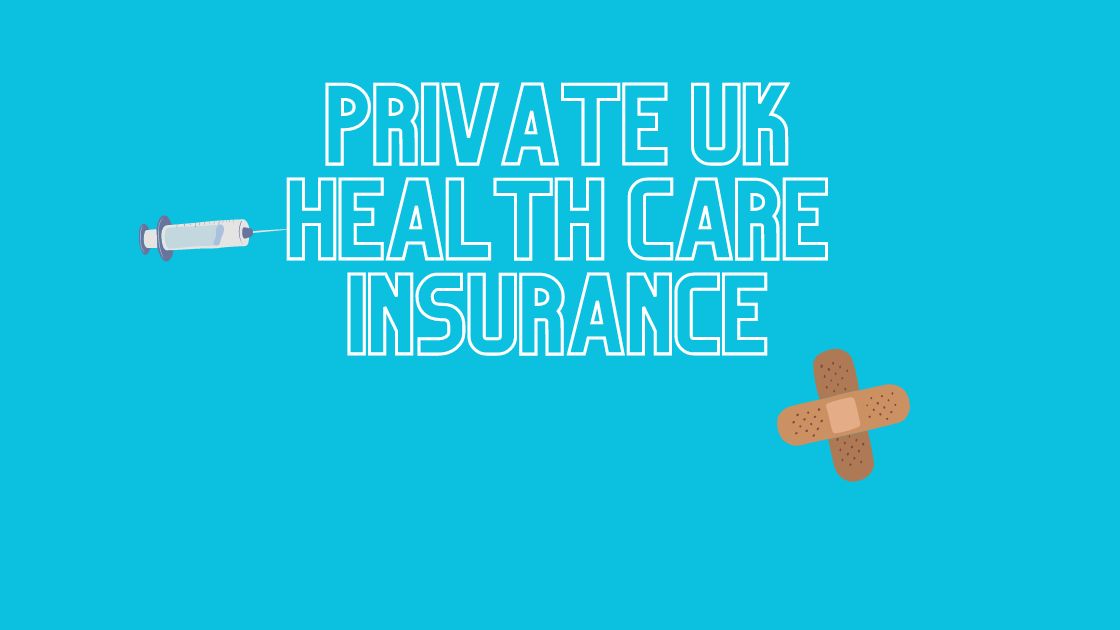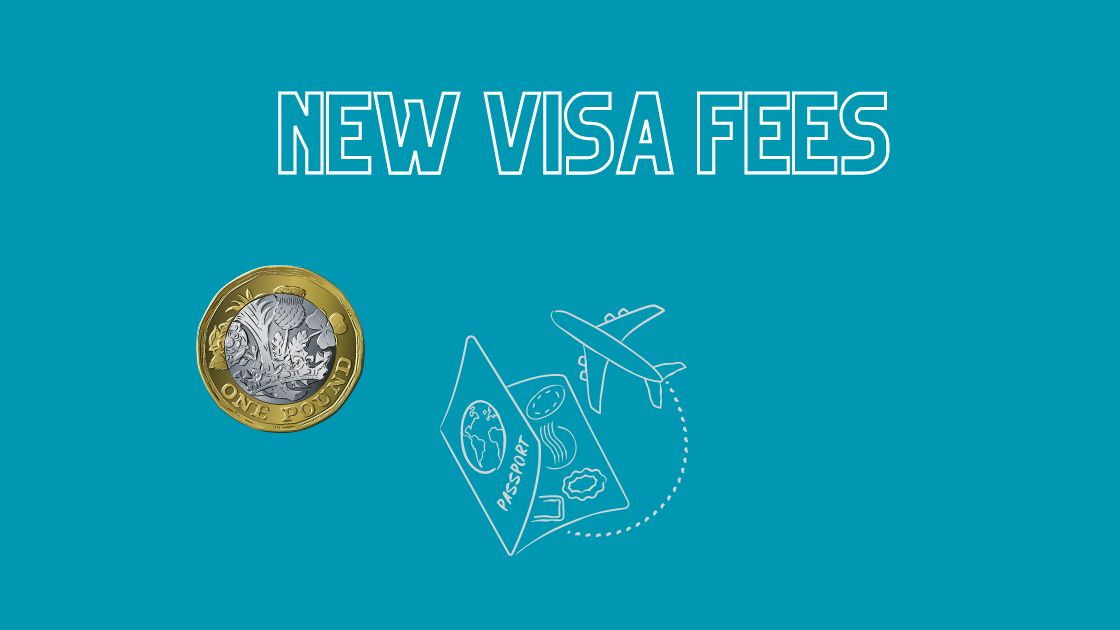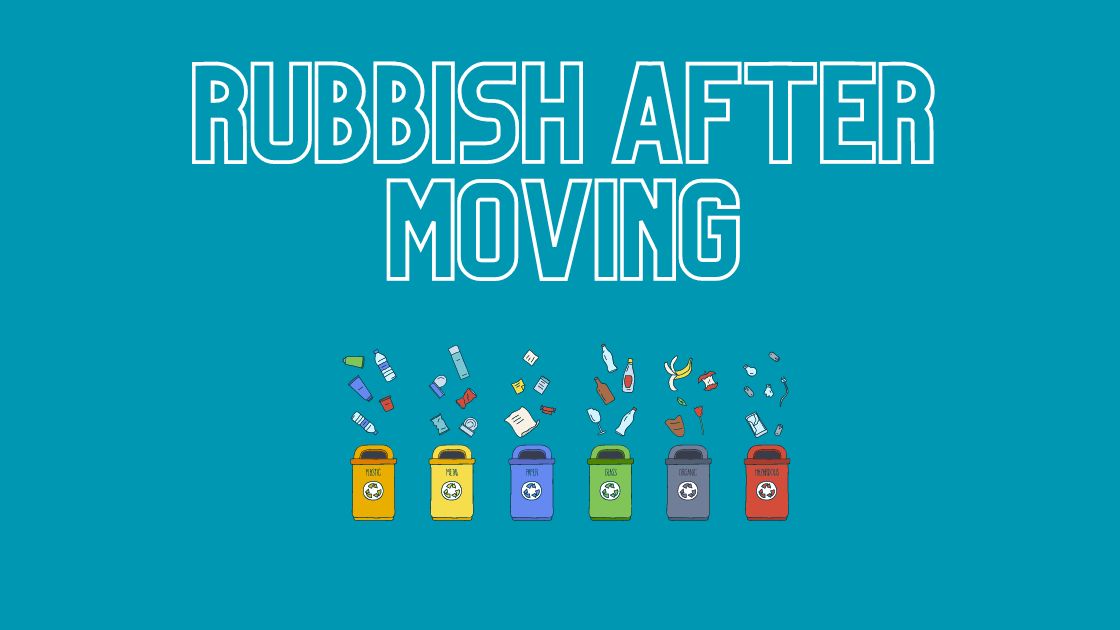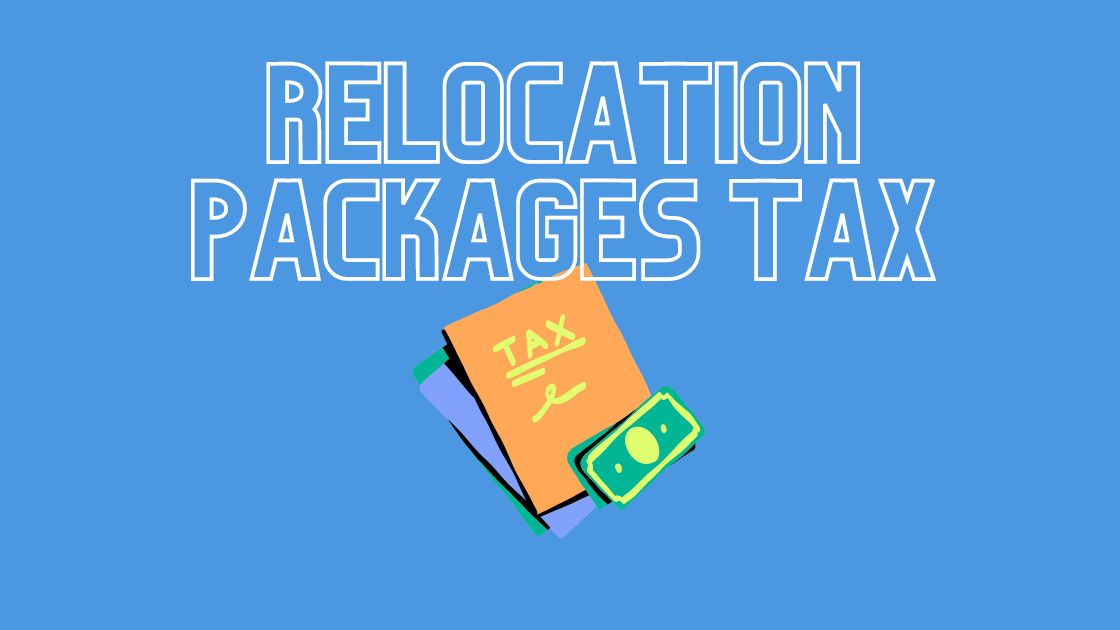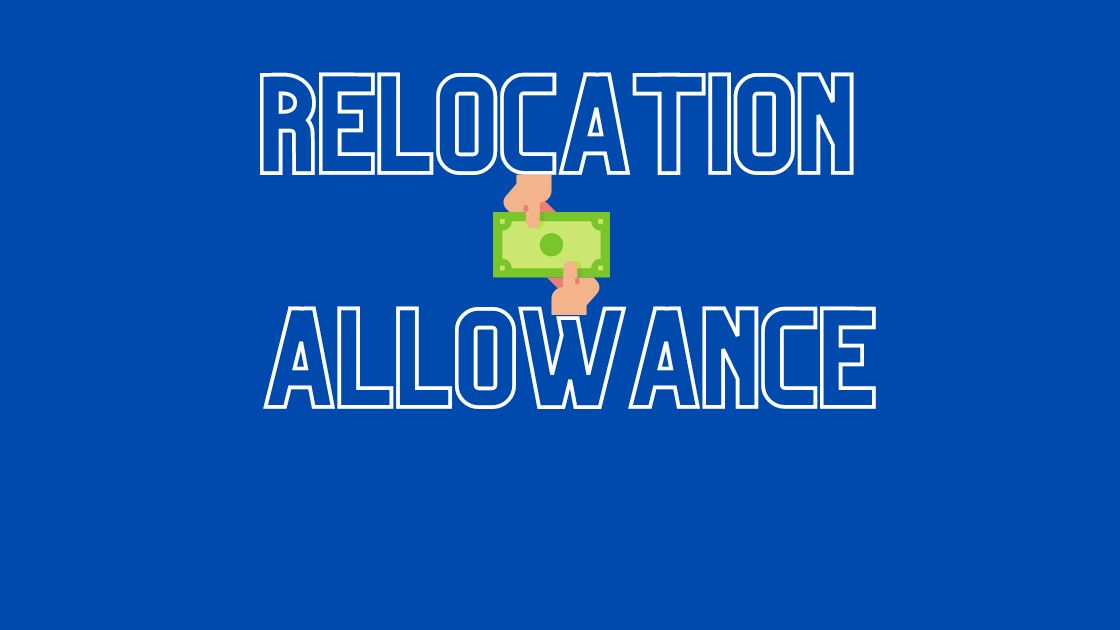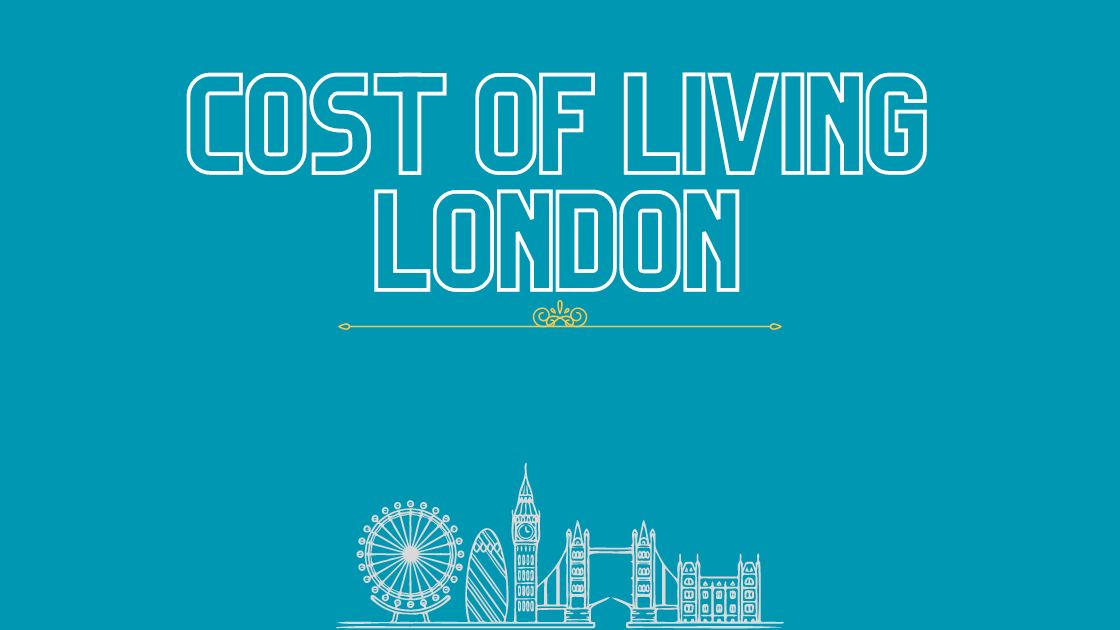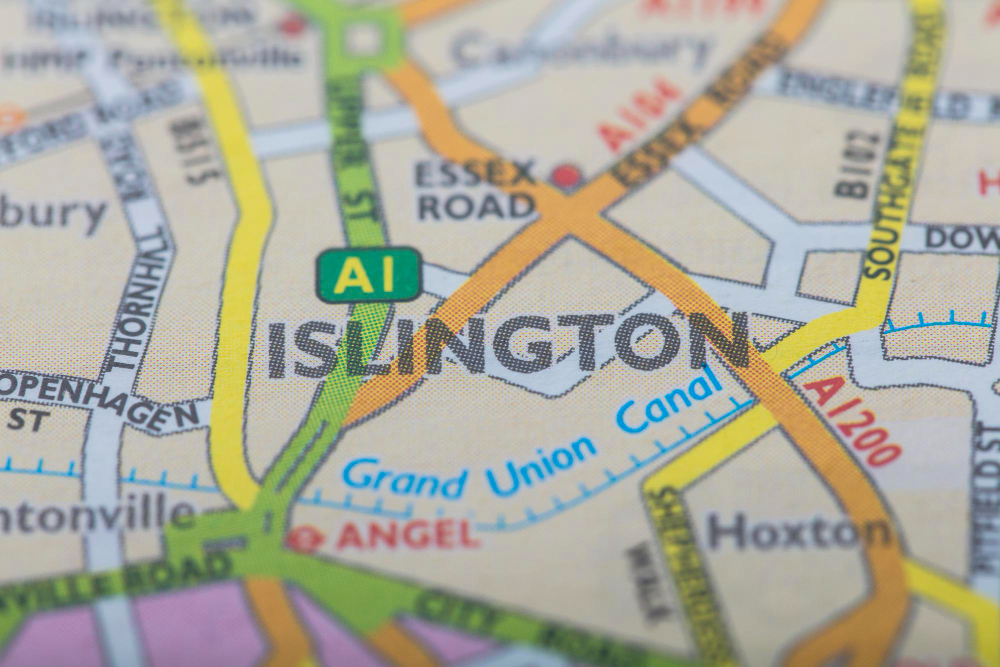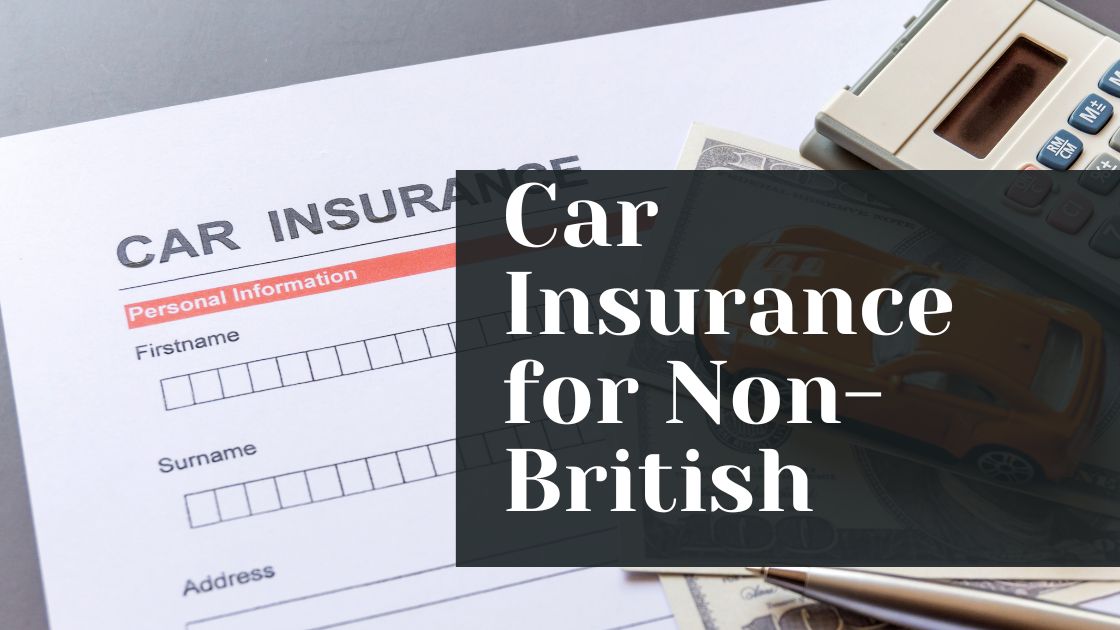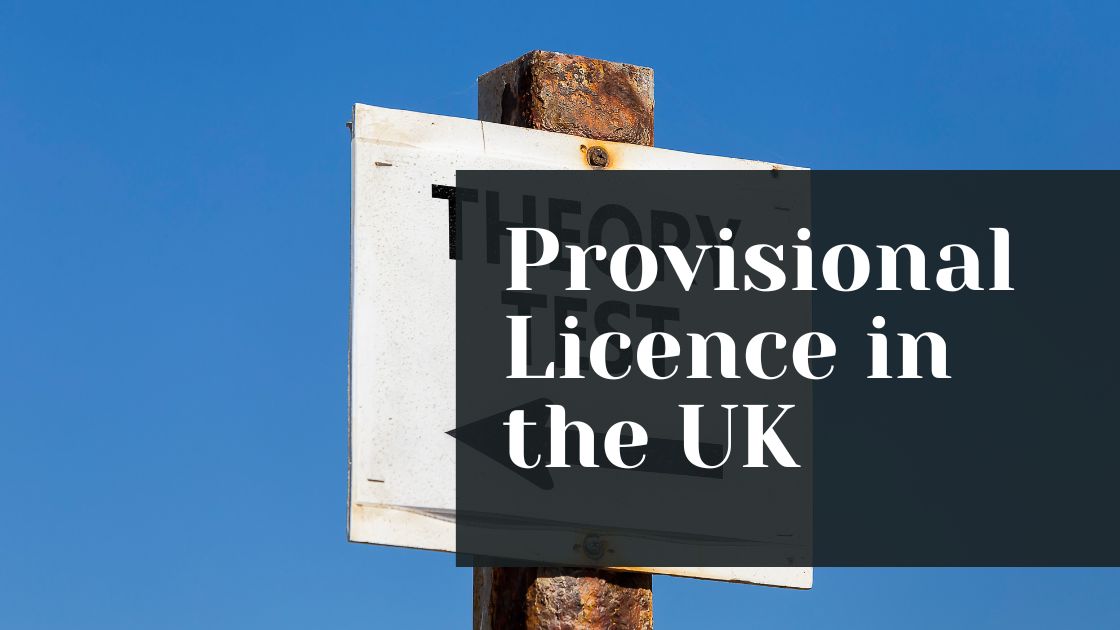Gaining British citizenship can be both daunting and exciting, especially for those shepherding young families to new shores. Everyone who has gone through this process vividly remembers the sense of overwhelmedness as they navigated the intricate maze of paperwork and procedures.
It’s a rite of passage for many hopeful newcomers looking to plant roots in the UK, and the payoff is undeniable – a passport that opens doors, both literally and metaphorically, to easier travel and a host of essential services. For little kids, it means the promise of stability and the freedom to explore the world.
With this friendly nudge, I’m here to walk you through the ins and outs, unpack the complexities, and offer a guide to streamline your path to a British passport. Because let’s face it, we could all use a bit more simplicity in our lives, and I’m here to help you get just that.
Understanding Eligibility for a British Passport
When it comes to gaining British citizenship, there are a few routes to consider, and they can hinge on a variety of factors, such as your place of birth, your family tree, and the life you’ve built here.
- Birth: You are automatically eligible for a UK passport if you were born in the UK, regardless of your parents’ nationality. This is known as jus soli, or “right of the soil.”
- Descent: You’re also eligible for a UK passport if you were born outside of the UK, but at least one of your parents was a British citizen or settled person in the UK at the time of your birth. This is known as jus sanguinis, or “right of blood.”
- Naturalisation: You can become a British citizen by applying for naturalisation. To be eligible for naturalisation, you must have been resident in the UK for at least five years or three years if you are married to a British citizen. You must also have passed the Life in the UK test and demonstrated good character.
- Indefinite Leave to Remain: You can also become a British citizen if you have indefinite leave to remain (ILR) in the UK. ILR is a permanent immigration status that allows you to live, work, and study in the UK without restriction. To be eligible for ILR, you must have been a resident in the UK for at least 5 years, after which, in 12 months, you can apply for citizenship.
As you navigate these waters, remember that every family’s situation is unique, with its quirks and contours, so it’s worth diving deep into the specific regulations that apply to your family.
Children and British Passport Eligibility
When it comes to your little ones and their eligibility for a British passport, the rules can seem a bit of a maze, so let’s see how your children can become British citizens, whether by birth, descent, or adoption.
If your child was born on British soil, they might automatically be a British citizen, but this isn’t always the case. It depends on the parent’s status at the time of their birth. If neither parent is a British citizen or settled in the UK, your child will not automatically receive British citizenship.
However, they can be registered as a British citizen once one of the parents becomes a resident or obtains British citizenship. For children who’ve lived in the UK for some time, registration is possible after ten years of residence, regardless of their parents’ status. This can be a lifeline for those who call the UK home, even if they haven’t yet obtained settled status.
Now, if your child is born abroad and you or your spouse is a British citizen, they may automatically be a British citizen ‘by descent,’ but this status has different implications for their children’s citizenship in the future. Remember, though – your children cannot automatically pass on citizenship to any children they might have outside the UK.
Adopted children are treated slightly differently. The process can be complex if you’re adopting internationally and bringing your child to the UK. If the adoption is recognized under British law and at least one parent is a British citizen at the time of the adoption, your child can apply for British citizenship. Keep in mind that the rules can change, and staying up-to-date is key to ensuring your children can obtain the British passport.
Preparing for Your Application
Embarking on the journey to British citizenship is an exciting step for any family putting down roots in the UK. I know the anticipation of waiting for that shiny new passport can be tinged with a bit of stress. But fret not; preparation is your trusty life raft in this sea of bureaucracy!
Let’s start by talking about eligibility. It’s crucial to ensure that you and your little ones meet the requirements for a British passport – something that can be a tad complex, depending on your circumstances. The good news? Once you’re over the eligibility hurdle, the rest is about ticking boxes and crossing Ts.
Now, onto the meat of the matter: preparing your application. You’ll need to gather your documentation, and this is one area where you want to be as organised as a school librarian on the first day of term. Start by pulling together essential documents for each member of the family:
- Birth certificates
- Marriage certificates
- Proof of residence
- Two identity documents
- Signed parental consent (for children under 16)
- Any other relevant paperwork
Accuracy is your best friend here. When filling out those forms, double-check, then triple-check that every detail is as correct as possible. One tiny mistake can mean a delay, and no one wants to postpone that first trip abroad with a new passport in hand. It’s a little like baking that first birthday cake for your toddler – you follow the recipe to the letter because you want it to be perfect.
And let’s not forget about the photos. Getting professional photographs for your application is non-negotiable. For us adults, it seems straightforward enough, but when it comes to babies and children, it’s a whole other game. There are specifications to follow – a strict code for size, background, and even baby’s expression (yes, they have to keep that adorable gummy smile under wraps for this one).
The Application Process Explained
Let’s dive into the nitty-gritty of choosing the right application method. The digital era tempts us to lean towards online applications, and for a good reason. It’s generally quicker, you can do it in your pyjamas, and it’s pretty user-friendly. However, the traditional postal route might be more up your alley if you prefer paper trails and tangible documents in hand.
Online applications boast a straightforward process with handy email confirmations, while postal applications provide that sense of physical completeness when you drop that envelope in the mail. Now, if you’re leaning towards the online method (as many of us do), here’s a little step-by-step walkthrough of what you’ll encounter:
- Create an account on the official passport application website – yes, passwords and all, so make it a good one!
- Fill in the application form – have your details and those adorable family photos ready.
- Pay the fee – have your card at hand; this bit’s crucial.
- Send off your supporting documents – sometimes originals, sometimes copies, so check what’s needed.
- Wait for an email confirmation – a perfect time to put the kettle on.
- Possibly attend an interview – don’t sweat. It’s not X Factor; it’s just a casual chat.
- Receive your passport and celebrate – maybe with a little dance, eh?
But let’s not forget that this process can be overwhelming for some, and it’s important to acknowledge that everyone’s situation is unique. If you need extra help, the UK government offers many support services. These include assistance for those with disabilities, ensuring accessibility for all, and language support services that can help break down language barriers.
Fees and Processing Times
Let’s talk brass tacks: the cost of a passport isn’t just a ‘nice-to-know’ – it’s a ‘need-to-know’ for planning your family’s finances. For us grown-ups, the application fee for a standard adult passport might make us wince slightly, while the kiddos’ fees are thankfully a bit gentler on the purse.
But it’s not just about what you pay; it’s also about how long you’ll be tapping your fingers on the table waiting for those shiny new passports to arrive. Typically, you’re looking at a handful of weeks for processing, but it’s not a one-size-fits-all situation. Many factors can play tug-of-war with the time frame, from the time of year you apply to the accuracy of the information you’ve provided.
After Submission: What to Expect
Once you’ve ticked off all the boxes, dotted the i’s, crossed the t’s, and finally submitted your British passport application, it’s like waiting for a kettle to boil. You know it’ll happen, but when? So, let’s talk about the post-submission process.
Firstly, you’ll receive an acknowledgement that your application is in the system. Keep an eye out for an email or a letter, which is essentially the government’s way of saying, “We’ve got it, and we’re on it’’.
Now, there’s a possibility of an interview, which isn’t as intimidating as it sounds, I promise! It’s just a standard step for first-time applicants to confirm their identity. Think of it as a casual chat, but just to be on the safe side, you’ll want to brush up on the details you provided in your application.
Lastly, let’s not forget the modern-day magic of tracking – yes, you can keep tabs on your application’s progress. It’s like watching your order make its way to you, except it’s a document that opens up new frontiers for you and your little ones. Stay patient, stay informed, and before you know it, you’ll have those shiny new passports in your hands, ready to start your adventure on this side of the pond.
Dealing with Complications
Common hiccups often include misplaced documents or pesky errors on the application form. For starters, ensure you’ve got all the required paperwork in a neat pile before you even start filling out the form. Birth certificates, proof of residency, marriage certificates, if applicable – all must be ready.
If you discover something’s gone missing, like the birth certificate that’s mysteriously vanished, you’ll need to order a replacement stat. Should you hit submit and then spot a typo or incorrect information, get on the horn with the Passport Office pronto to correct it. They’re usually quite understanding, as long as you’re not making a habit out of it.
If Your Application is Denied
Now, let’s talk about the worst-case scenario – your application gets knocked back. First off, don’t panic. It’s not the end of the road. You’ll receive a letter explaining why it was denied. Read it carefully – twice. Then, once you’ve got a handle on the issue, gather any additional information or documents needed to address their concerns.
You can appeal if it feels like you’re banging your head against a brick wall and getting nowhere. This means you’ll need to write a formal letter or fill out an appeal form explaining why you believe the decision was incorrect. Keep it clear and concise, and stick to the facts. Make sure to provide any new evidence that supports your case. Remember, it’s important to act quickly since there are typically time limits on when you can appeal. And, breathe – you’ve got this.
Preparing for Citizenship Ceremonies
So, you’re on the brink of becoming a bona fide Brit, and that means it’s time to get your ducks in a row for the citizenship ceremony. It’s a moment of pride, where you’ll publicly pledge your allegiance to the King and country and officially join the British family. Now, on the day, expect a bit of pomp and circumstance—it is Britain, after all.
There’s usually a welcome speech, the oath or affirmation of allegiance, and then the national anthem to wrap things up. You’ll finally get your hands on that certificate of citizenship, so make sure to bring some ID and your invitation letter. Oh, and don’t forget to dress smartly. You’ll want to look the part in those memorable snaps with your certificate.
Receiving and Activating Your Passport
After you’ve gone through the application process and have finally gotten approved, it’s time to receive your travel document. When that long-anticipated envelope finally lands in your letterbox, you must handle it with care.
First, give it a once-over for any errors. You’ll want to make sure your name, photo, and personal details are correct. Remember, any mistakes need reporting straight away – best to nip those in the bud before you’re due to travel.
In terms of security, it’s worth noting that your passport will arrive via a secure delivery method. The postie won’t just leave it on your doorstep. You’ll likely need to sign for it. This ensures it doesn’t end up in the wrong hands, which, as you can imagine, would be a right hassle. Keep an eye on the delivery status if you’re given a tracking number so you know when to expect it. And if you’re not in when it arrives, you’ll be left a card with instructions on how to collect it or arrange a redelivery.
First Steps with Your New Passport
Now, once you’ve got it, activating your passport isn’t like activating a new mobile phone or a credit card. You won’t need to call a hotline or input a code online. Your new passport becomes active and ready to use the moment you sign it.
This is your next step. There’s a little space on the photo page for your signature, and it’s vital to sign it as instructed. Use black ink, stay within the lines, and keep it neat – your autograph confirms that the passport is officially yours and is a necessary step before you can jet off.
Once that’s sorted, you’re on your way to setting up your passport for travel. If you’re planning a holiday or a move outside the UK, you may need to organise visas, depending on your destination. Each country has its requirements, so you’ll want to check these well in advance. And remember, some visas can take a while to process, so it’s best to get the ball rolling as soon as possible to avoid any last-minute panics.
For those family holidays, ensure that each family member’s passport is signed (you can sign for the little ones), and check the entry requirements for the countries you’ll be visiting. Each child should have their passport, even the newborns, so make sure everyone is up to date. It’s a good idea to make photocopies of your passports, too, or store digital copies securely online, just in case they get lost or stolen.
Renewing and Updating Your UK Passport
When you’re juggling family life, it’s all too easy to lose track of things like passport expiry dates. But keeping an eye on these is crucial, especially if you’re planning a holiday or you might need to travel at short notice. Your passport is your key to the world, after all. To stay current, it’s a good idea to set up reminders – perhaps on your phone or a family planner.
Some folks even use dedicated apps or calendar alerts set for a good few months before the expiry date. That gives you a comfortable cushion of time to renew without any last-minute panics. Remember, some countries require your passport to be valid for at least six months from the date of entry, so it’s not just about whether your passport is current but also whether it meets travel requirements.
Updating Passport Details
Now, updating your passport details might sound like a bit of a faff, but it’s pretty straightforward. If you’ve had a change of name, maybe you’ve got married, or decided on a double-barrelled surname, you’ll need to get your passport updated.
The same goes if there’s been a significant change in your appearance. The process involves filling out a form and sending it off with the required evidence – a marriage certificate for a name change or a new passport photo if you look substantially different.
When it comes to your little ones, their passports need to be renewed more frequently – every five years. And trust me, kids change a lot in five years!
Their growing faces mean you’ll need to stay on top of renewing their passports with updated photos to avoid any raised eyebrows at border control. It’s a bit of extra work, but think of it as a chance to keep a cute record of how they’ve changed as they grow. And don’t forget, if you’re renewing for a child, their application will need the signatures of everyone with parental responsibility, so make sure you’ve got that covered to prevent any delays.
Whether you’re a new arrival or you’ve been in the UK for a while, managing family passports can sneak up on you. But with a bit of organisation and the right information, you’ll have it sorted in no time. And if you ever find yourself in a bit of a muddle, there’s plenty of guidance online, or you could even reach out to the Passport Advice line. They’re pretty helpful, especially when you explain you’ve got a brood of your own to manage.
Life as a British Passport Holder
Life as a British passport holder offers your family remarkable perks. With it, you gain visa-free travel to numerous countries, making those family holidays less of a hassle. Plus, access to top-tier education, from world-renowned primary schools to prestigious universities, is a massive advantage for your kids’ futures.
But remember, with great benefits come responsibilities. You’re expected to uphold UK laws and values.
Closing Thoughts
So, there we have it, the rundown on navigating the British passport application. Remember to gather your documents, fill out the forms carefully, and book that appointment. It’s a bit of a journey, yes, but one that’s doable. Think of it as your family’s adventure into a new chapter.
I’ve been there, and I promise, the sense of belonging and the doors that open with that little maroon booklet are worth every bit of effort. It’s more than just a passport; it’s your family’s ticket to being part of the vibrant, diverse tapestry that is the UK.


